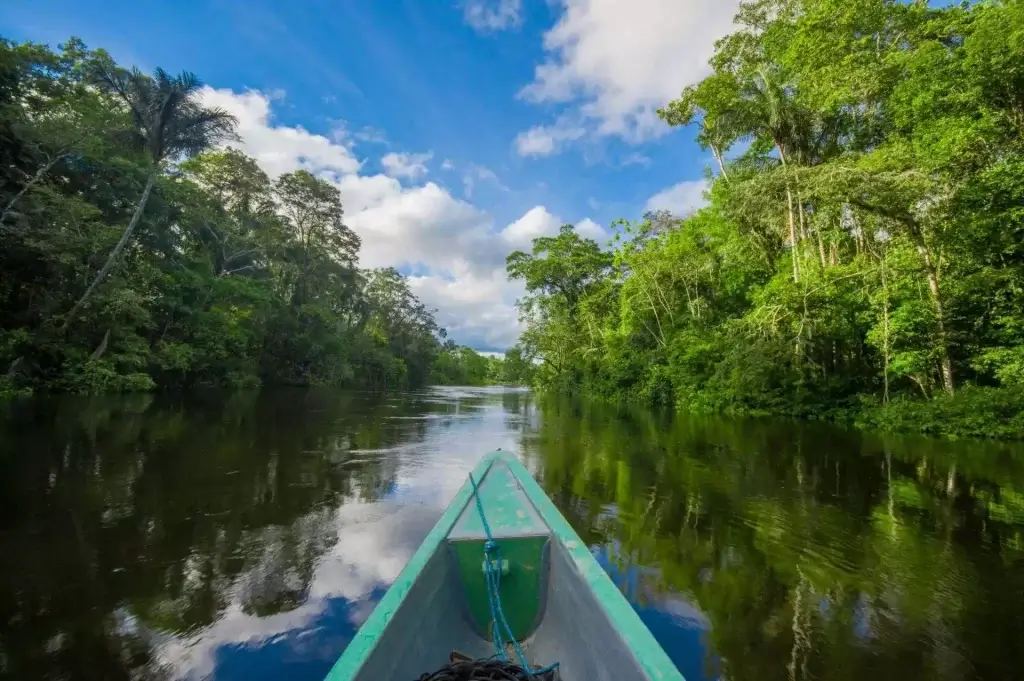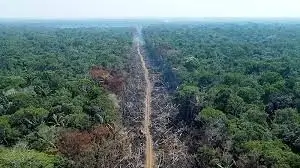Who really owns the Brazilian Amazon and the Rainforest?

We mean: Really?
eyesonsuriname
Amsterdam, July 27, 2023– The fierce discussion about the fires in the Brazilian rainforest these weeks is reminiscent of one of the classic theorems in environmental science: The Tragedy of the Commons. In a much-cited 1968 article, American philosopher and biologist Garett Hardin discusses that commonly shared resources are at risk of overexploitation because individual users will always try to maximize their own use of the resource, regardless of whether all users do the same. As a result, the resource is quickly depleted and the benefits for everyone naturally decrease.

The thesis has often been used in recent decades, particularly by neoliberal economists, to argue that the property rights of common resources should be assigned to individual actors. This has resulted, for example, in the greenhouse gas emission allowance trading system introduced by the European Union, whereby individual industries are given the right to pollute for a certain period of time. On the other hand, the Nobel Prize-winning economist Elinor Ostrom has also shown that there are many communities in which shared resources can be managed sustainably without having to split them into separate parts.
The rainforest is largely Brazilian territory and the Brazilian state is therefore undoubtedly responsible for it.
To what extent does the Tragedy of the Commons apply to the Brazilian rainforest? On a small scale, certainly for some groups. Particularly for individual farmers and agribusiness: by burning parts of it, the old-growth forest is destroyed and can then be converted into farmland and pasture. The farmers benefit individually until the entire resource is destroyed and the farmland threatens to deteriorate from overuse. However, on a larger scale, the property rights of the Brazilian rainforest in terms of national sovereignty are already clearly assigned: the rainforest is largely Brazilian territory and the Brazilian state is therefore undoubtedly responsible for it.
Aside from his apparent personal resentment of French President Emmanuel Macron, his remarkable words that NGOs likely set the fires for their own interests, and his stated intentions to limit environmental enforcement in the rainforest, Brazilian President Jair Bolsonaro was referring to precisely that national sovereignty. when he first refused the funds offered by the G7 countries and then accepted them only conditionally. The New York Times quoted a government spokesman as saying that “any outside support is welcome, provided the decision on how those resources are used is ours “

To see the Brazilian rainforest destroyed without any response from the international community would also be unacceptable.

Is Bolsonaro right in claiming this exclusive national right to decide on the rainforest as a domestic resource? The answer to that question is not as simple as it may seem. Let’s imagine a possible reverse situation. What if the South American trading bloc Mercosur offered some money to the Netherlands and Norway to stop them from exploiting their domestic gas reserves for the sake of humanity? It sounds as absurd as Trump’s recent offer to buy Greenland from Denmark. Yet it would also be unacceptable to watch Brazil’s rainforest destroyed without some response from the international community.
Therefore, some involvement of the international community in the sound and sustainable management of the Brazilian rainforest could be justified. Under the obvious condition, of course, that all domestic resources in other countries that are important to humanity would also be subject to similar rules. It’s still a terrifying thought, but if properly applied in international environmental governance, it would reverse the Tragedy of the Commons: saving a resource by making it common—and properly managing it.
eyesonsuriname









![Friends Again [ ?? ] Lula-e-Biden-na-Casa-Branca-848×477](https://eyesonsuriname.com/storage/2023/02/Lula-e-Biden-na-Casa-Branca-848x477-1-150x150.jpg)